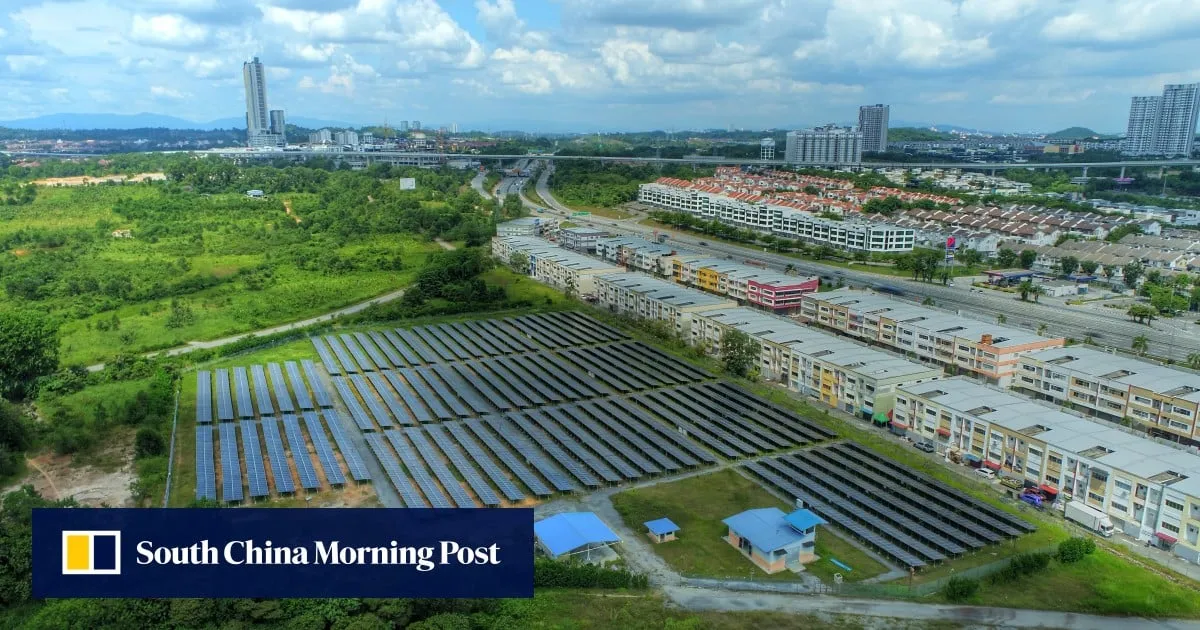Malaysia Faces Decline in Solar Demand Due to US Tariff Hikes

Impact of Increased US Tariffs on Malaysia's Solar Market
Malaysia's solar energy sector, a key player in Southeast Asia, is bracing for a notable decline in demand due to recent tariff hikes announced by the US Commerce Department. As the US aims to protect its domestic industry, new duties on solar equipment exported from Malaysia, Cambodia, Thailand, and Vietnam mean higher costs for players like First Solar Inc. and Hanwha Qcells USA Inc..
Details of the New Tariff Regime
The Commerce Department's announcement reveals that Malaysian solar exports will incur a 9.13% duty, a significant uptick though lower than Thailand's 23.06% rate. Meanwhile, Vietnam will see only a 2.85% increase, and Cambodia 8.25%. Industry experts predict that this will disrupt the local supply chains as local manufacturers may struggle to find new markets.
Long-Term Implications
Industry leaders, including Solarvest Holdings' executive director Davis Chong, express that the tariff's long-term impact will extend beyond immediate numbers, affecting US allies in Europe and Australia. With increased competition for fewer export opportunities, a shift in manufacturing bases seems inevitable as companies seek better tariff conditions.
Response from US Solar Industry
Domestic manufacturers argue that these measures are necessary to level the playing field against subsidized foreign competition. The preliminary duties followed complaints from American solar firms about unfair price competition, significantly affecting the cost structure for renewable projects. As the May 15 anti-dumping investigation continues, companies are closely monitoring outcomes that may prompt further changes.
This article was prepared using information from open sources in accordance with the principles of Ethical Policy. The editorial team is not responsible for absolute accuracy, as it relies on data from the sources referenced.